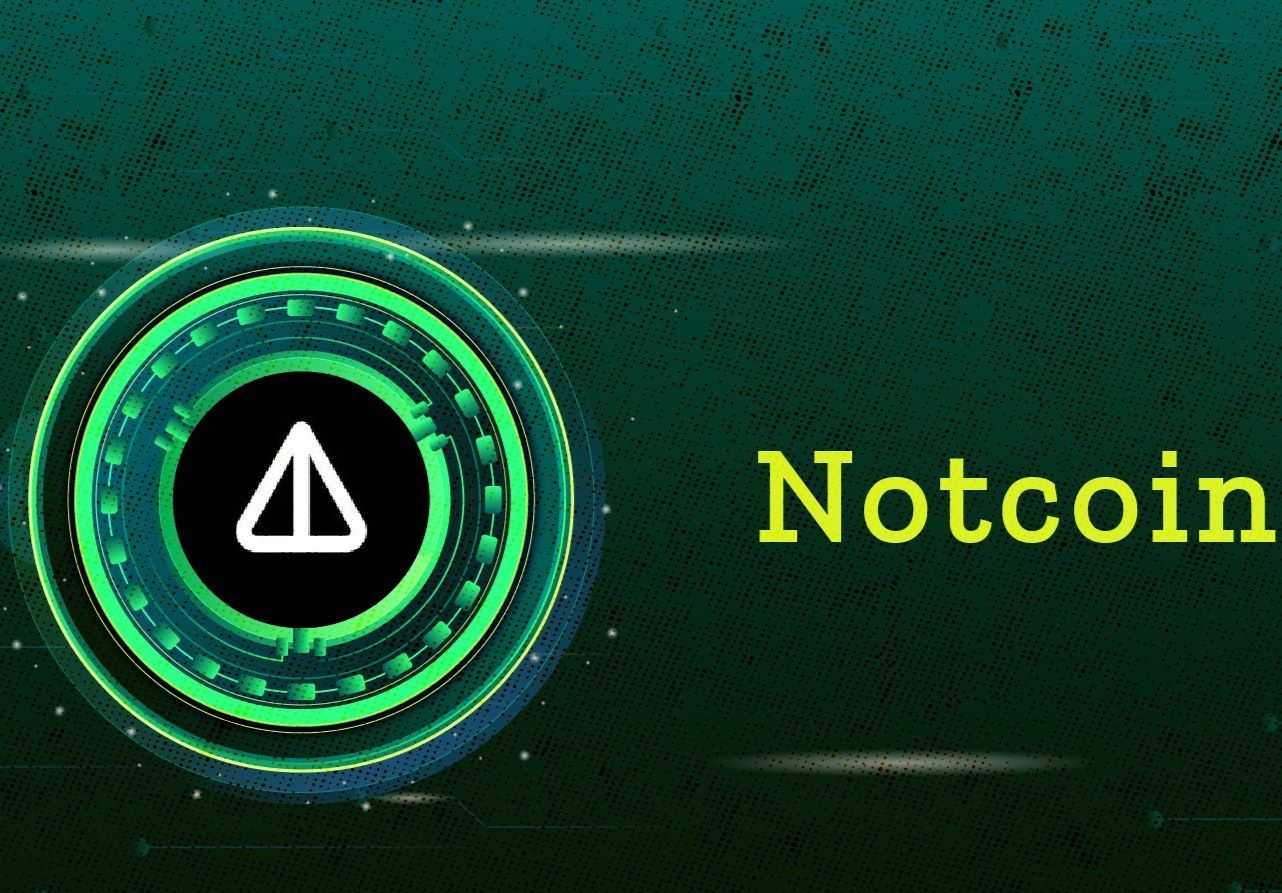Ethereum researcher’s deal to take a paid adviser role behind EigenLayer raises incentive concerns on social media.
Social media users are critical of an Ethereum Foundation researcher’s choice to accept a paid adviser position for the foundation that powers EigenLayer; one commentator even referred to the situation as potentially creating “conflicted incentives.”
Ethereum researcher Justin Drake revealed in a lengthy X post dated 19 May that he had accepted an advisory position at Eigen Foundation in exchange for “a substantial EIGEN token incentive” vested over three years. The incentive is valued at “millions of dollars” and “exceeds the combined value of my other assets.”
EigenLayer, a protocol that made a partial debut on the mainnet last month, enables users to stake liquid staked Ether (ETH) tokens, which are derivative ETH tokens pledged in a Lido-like protocol. This effectively doubles the ETH staked.
Drake stated he accepted the position with the stipulation that his responsibilities would be restricted to investigating restacking risks. He claimed that his default position would be to “continue to lean critical of EigenLayer” and that the position “inevitably carries downside risk beyond my reputation.”
Drake wrote, “By serving as an advisor, I hope to have a front-row seat to resolving issues and guide EigenLayer from within.” Regarding liquid holding, I did insufficient, which is too late. There is a chance of preventing the recurrence of the error through restacking.
The day before, Jordan Fish, also known as Cobie, a crypto trader and co-host of UpOnly, inquired about Ethereum co-founder Vitalik Buterin’s stance on Ethereum Foundation staff “taking life-changing [monetary] packages” from projects that “may have conflicting incentives with Ethereum”; he used EigenLayer as a hypothetical example.

Conversely, several individuals, such as Hudson Jameson, vice president of governance at Polygon, David Wong, co-founder of zkSecurity, and Robbie Nakarmi, director of crypto investments for Standard Chartered Ventures, commended Drake for his transparent approach.
In his X post, Drake sought to dispel allegations that EigenLayer was “systematically attempting to bribe or corrupt” the Ethereum Foundation.
“According to my knowledge, three EFers have a formal relationship with EigenLayer entities: one as an early EigenLabs investor and two as recent EigenFoundation advisors.” “The EF is a large organization with over 300 members,” he wrote.
Further, he stated that he did not “see the 1% of EFers formally involved with EigenLayer compromising their morals” and that he was prepared to “terminate the advisory relationship at any moment,” including if EigenLayer pursued a course of action that was “antithetical to Ethereum’s interests.”
EigenLayer airdropped an additional 28 million EIGEN tokens to users in May in response to user criticism that its program was too restrictive.



